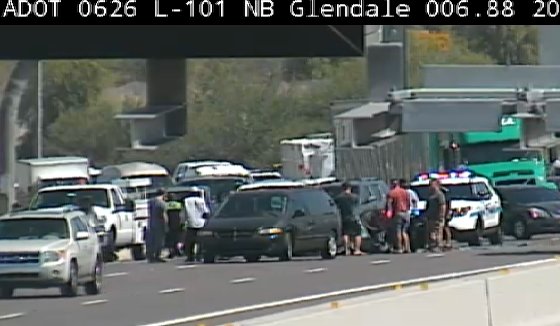From the Director: Should 'accident' be used in transportation terminology?
From the Director: Should 'accident' be used in transportation terminology?

The formal definition of “accident” is “an event occurring by chance or unintentionally.” When a driver intentionally speeds and gets injured or dies in a traffic collision, is it an accident? When a driver intentionally drinks, is impaired and then gets behind the wheel and causes injury or death to others in some type of traffic crash, is it an accident? By the dictionary’s definition, these events are not accidents, as the driver intentionally engaged in risky behavior.
There is a movement among safety advocates to refrain from referring to traffic crashes as accidents since a majority of crashes are caused by human error. Almost all crashes stem from driver behavior like drinking, distracted driving and other risky activities like speeding. Vehicle malfunctions and weather account for about 6 percent of crashes, based on national statistics. Data in ADOT's 2015 Arizona Motor Vehicle Crash Facts report show that speeding and impaired driving were each factors in a third of the 895 people killed in crashes. The most common driver violation cited in all crashes – fatal and non-fatal – was “speed too fast for conditions.”
At ADOT, we don’t use the word “accident” in our terminology when describing traffic collisions or analyzing crash data. It has been our long-standing practice to use the word “crash” or “collision.” True “accidents” are quite rare.
When a driver intentionally engages in risky behavior behind the wheel, we shouldn’t use the word “accident” when something happens. It is no accident.
